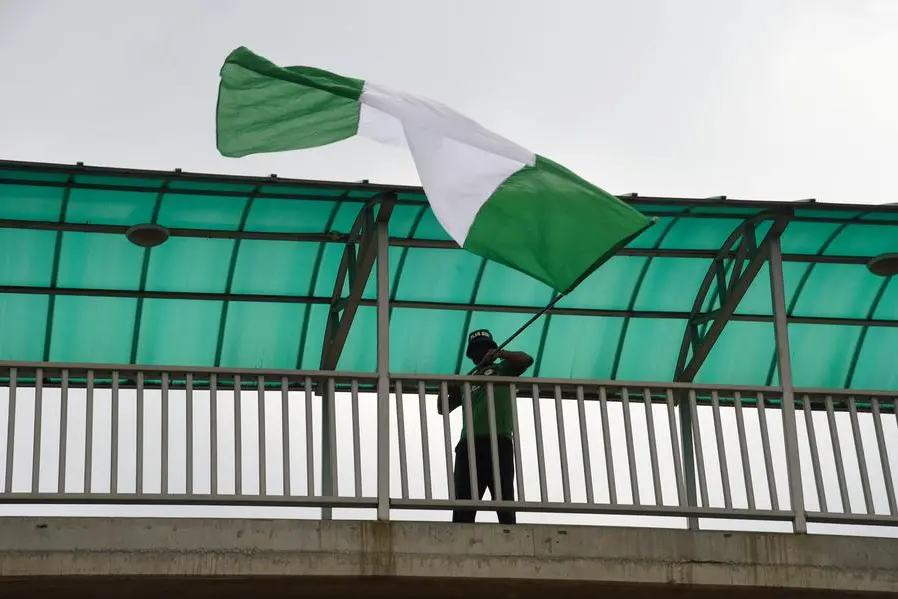PHOTO
Nigeria won an appeal in a London court on Monday to overturn a multibillion-dollar damages bill in a long-running arbitration case over a failed gas deal.
The dispute involved a 2010 agreement between Nigeria and Process and Industrial Developments Limited (P&ID) to operate a plant in the south of the West African country that would convert natural gas burned off during oil production into electricity.
The company was awarded a 20-year contract but the deal fell through, sparking the protracted legal wrangle with P&ID claiming vast sums in lost revenues.
"I have not accepted all of Nigeria's allegations," Judge Robin Knowles said in the Business and Property Court in London.
"But the awards were obtained by fraud and... the way in which they were procured was contrary to public policy," he said.
Nigerian President Bola Ahmed Tinubu applauded the ruling as a "landmark judgment" that would prevent countries from being "held hostage" by private firms and corrupt officials seeking to exhort them.
"Today's victory is not for Nigeria alone. It is a victory for our long-exploited continent and for the developing world at large," his office said in a statement.
The court ruling comes as Tinubu seeks to attract more foreign investment by promising a more business friendly approach and a raft of reforms in Nigeria, one of Africa's largest oil producers and the continent's largest economy.
P&ID, a Virgin Islands-registered company founded by two Irish business partners, was awarded $6.6 billion in arbitration in 2017 as compensation for losses.
It secured a High Court ruling in 2019 to begin seizing $9.6 billion in assets -- about one-fifth of Nigeria's foreign reserves.
Abuja appealed the decision and was given a stay of execution provided it made a $200 million security payment.
Nigeria countered by opening its own corruption investigation into the deal, convicting two local representatives of P&ID of tax evasion and fraud and ordering the company's assets to be forfeited to the government.
Nigeria's attorney general said at the time that the deal was "designed to fail from the start, and that its subsequent arbitral award was based on fraud and corruption".
In a statement on Monday, the attorney general's office said the result was a "decisive victory for the people of Nigeria who stood to lose over $11 billion", and for the Nigerian government's fight against graft.




















